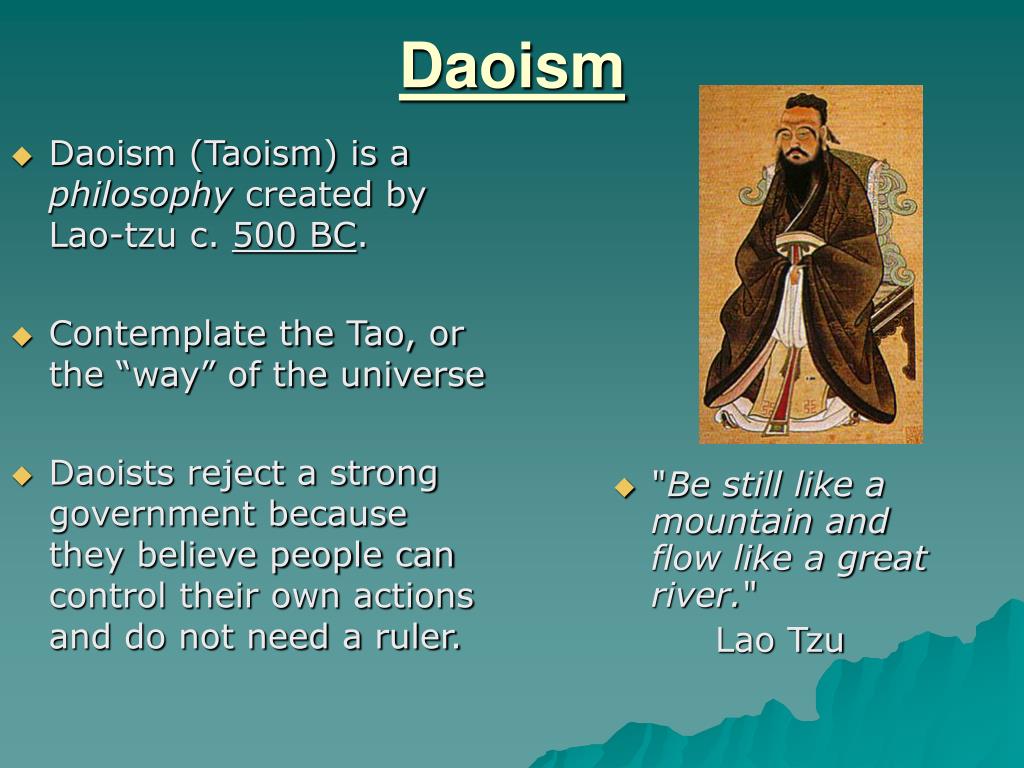If you like reading about philosophy, here’s a free, weekly newsletter with articles just like this one: Send it to me!
Is love patient, or just expensive?
“Love is patient, love is kind,” St Paul wrote. It’s also fiendishly complicated, as everyone can attest from their own experience. In this series of posts (which are based on my university course on love), we will try to examine love over the course of the next three months, and to answer, as best as anyone can, the old question of the song: What is this thing called love?
Like many other phenomena in our culture, our understanding of what love is has been commercialised and used to make us buy things: “Sex sells” is the universally acknowledged rallying cry of the advertising business. The media and the advertisers have an interest in narrowing down our understanding of love to only these aspects of it that can be made into products and sold: pink plastic hearts filled with chocolates, eroticised fashion that one needs to buy every half year from scratch, expensive beauty treatments and skin care that is in no way different from the love potions of older times. “Now with blue corn!” the blurb on the skin cream says, as if the stranger the ingredients, the more likely the cream will be to have genuine magical powers (an ounce of bat’s wings, a teaspoon of tiger’s teeth…).
Oops, something went wrong with the blue corn skin cream. (Source: Wikipedia)
But love has been around a lot longer than commerce, and it is a lot more varied than we usually think. Our time has finally, again, freed homosexual love from its centuries-old suppression by a conservative, church-led society. But while LGBT appears to be a new thing, the truth is that two thousand years ago, in ancient Greece, homosexual love was considered the only true Eros. Yes, we needed the other sex to make children, but that was a practical matter. The highest form of love was reserved for the love between men (okay, there has been some progress in this respect, too) and when you talked about the ideal couple, you would perhaps point to Socrates and Alcibiades, the old philosopher, running around the town square barefoot, and his dashing, young officer boyfriend. Love between old and young was common, and not frowned upon, and even lesbian love was tolerated and, sometimes, celebrated, as in Sappho’s poems. (She lived on the island of Lesbos, nowadays known better for the horrors of the Moria camp, which, by a terrible irony of history, has the same name as Tolkien’s deadly mines of Khazad-dûm).
Photo by Nicolas Häns on Unsplash
God’s love
Another …
Read the full article which is published on Daily Philosophy (external link)






